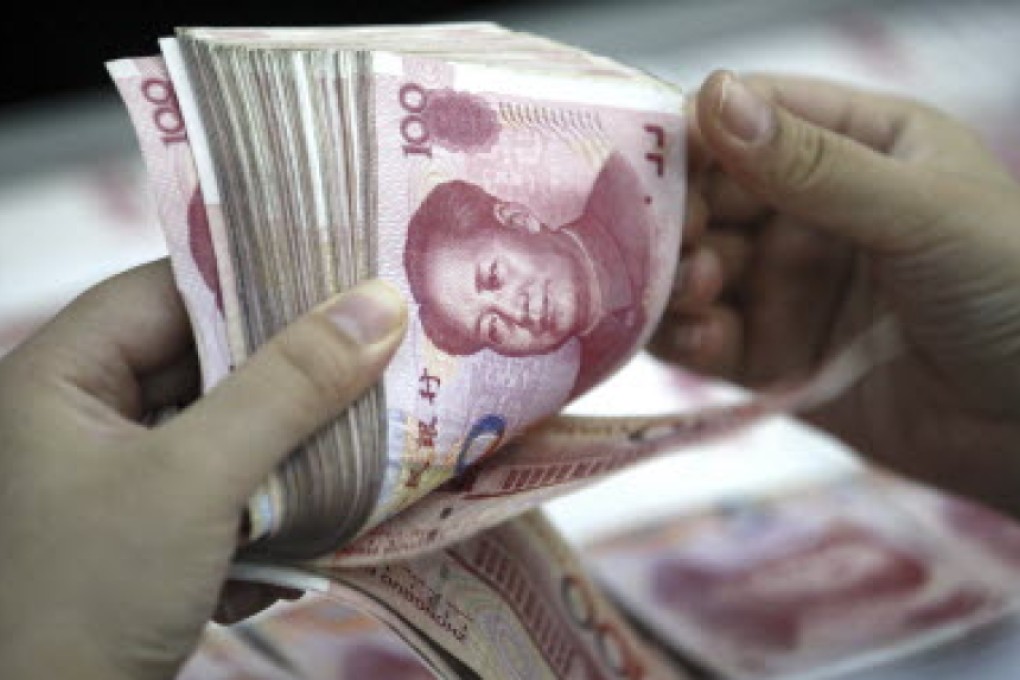Depreciation not seen as setback to yuan’s growing use in global payments
Deals settled in yuan hit a new high in July, helped by a surge in usage among Asian economies.

The yuan’s acceptance in trade settlements and cross-border payments faces short-term hiccups, but the long-term outlook remains bright, experts say.
Companies interested in tapping the yuan to finance imports or exports might be bogged down in the wake of a fixing regime change that led to the surprise devaluation of the currency last month, but only for the time being, said Biswajyoti Upadhyay, the head of greater China and North Asia product management transaction banking at Standard Chartered.
“For those who are transitioning or considering the usage of yuan in cross-border trade settlements, the process may encounter temporary delay,” he said. “Once the situation stabilises, people will continue to see value in invoicing in yuan. It is a long-term direction that will not be affected by short-term volatility.”
The yuan’s depreciation, at under 5 per cent, remained small compared to the yen and euro, so was not significant enough to affect its usage in invoicing, letters of credit and other trade finance instruments, Upadhyay said.
“It will not be a problem for those who already use it, for example some large European companies which already have yuan in their corporate treasury baskets with access to the [yuan currency] market for hedging their position,” he said.

